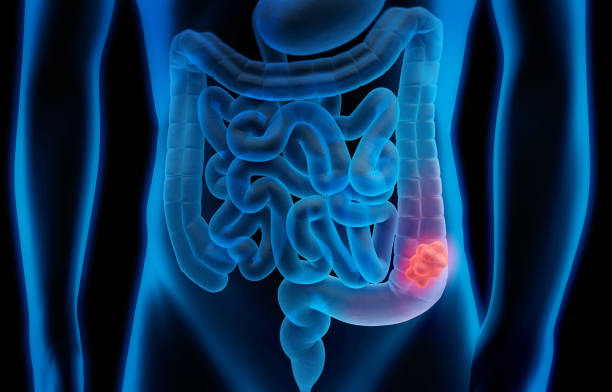Colon cancer is one of the most common forms of cancer and is characterized by the abnormal growth of cells in the colon or rectum. The symptoms of colon cancer can be subtle, making it difficult to detect in its early stages. However, if diagnosed early, colon cancer is highly treatable and curable.
The following are some of the common symptoms of colon cancer:
Abdominal Pain: Pain in the abdomen is one of the early signs of colon cancer. This pain can range from mild to severe, and can be felt in the lower left side of the abdomen, where the colon is located.
Changes in Bowel Habits: Changes in bowel habits, such as diarrhea, constipation or a change in the consistency of stools can be a sign of colon cancer.
Rectal Bleeding: Bright red blood in the stool or on toilet paper can be a sign of colon cancer, especially if it occurs frequently.
Fatigue: Unexplained fatigue can be a sign of colon cancer, especially if it is accompanied by other symptoms.
Weight Loss: Unexpected weight loss can be a sign of colon cancer, especially if it is accompanied by other symptoms.
Anemia: Anemia, or a decrease in red blood cells, can be a sign of colon cancer. Anemia can cause fatigue, weakness, and shortness of breath.
Gas and Bloating: Excessive gas, bloating, and abdominal discomfort can be symptoms of colon cancer, especially if they persist for more than a few weeks.
If you experience any of these symptoms, it is important to see a doctor. Your doctor will perform a physical exam and may also perform tests, such as a colonoscopy, to diagnose colon cancer.
The treatment of colon cancer depends on the stage of the cancer and the overall health of the patient. The most common treatments for colon cancer are surgery, chemotherapy, and radiation therapy.
Surgery: Surgery is the most common treatment for colon cancer and involves removing the cancerous portion of the colon. The type of surgery depends on the stage of the cancer and the location of the tumor. In some cases, the entire colon may need to be removed, while in others, only a portion of the colon is removed.
Chemotherapy: Chemotherapy is a treatment that uses drugs to kill cancer cells. Chemotherapy may be used before or after surgery to help shrink the cancer, or it may be used to treat metastatic colon cancer that has spread to other parts of the body.
Radiation Therapy: Radiation therapy uses high-energy radiation to kill cancer cells. Radiation therapy may be used in combination with chemotherapy or as a standalone treatment for colon cancer.
In conclusion, colon cancer is a serious condition that can be treated if diagnosed early. It is important to be aware of the symptoms of colon cancer and to seek medical attention if you experience any of them. With proper treatment, many people with colon cancer are able to live long, healthy lives. It is also important to maintain a healthy lifestyle and undergo regular screening tests to help reduce the risk of developing colon cancer.

 Home
Home Health
Health Diet & Nutrition
Diet & Nutrition Living Well
Living Well More
More












